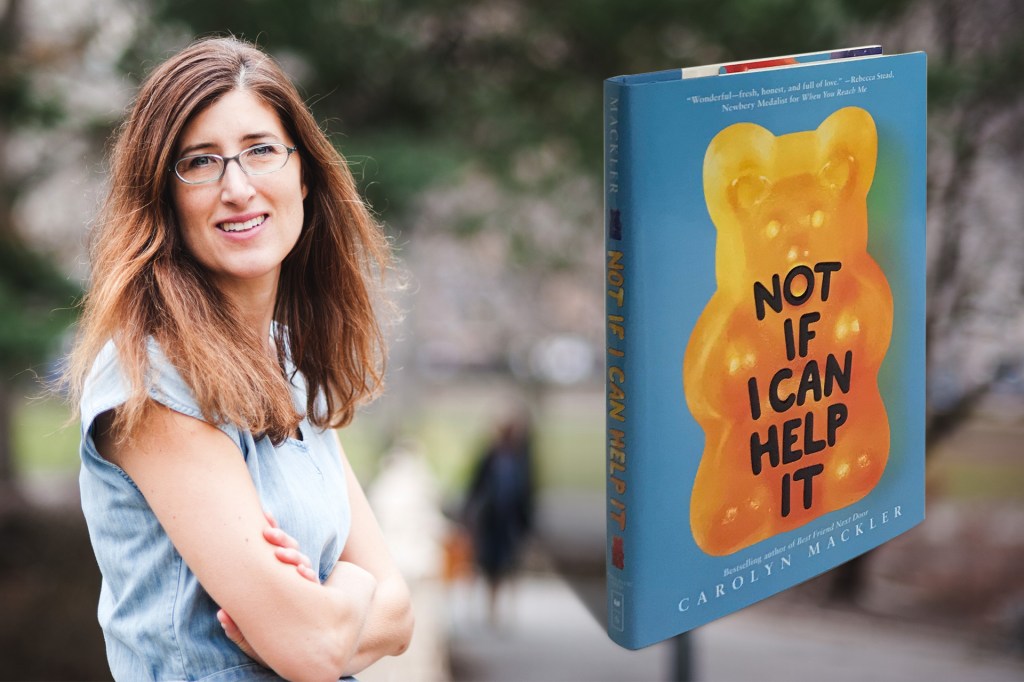
Willa Grover likes to read, likes routines, loves dogs, hates slimy food. She has a wonderful best friend, Ruby, who’s in her class at school. But in Not If I Can Help It, Willa’s life is turned upside down when her dad starts dating Ruby’s mom.
Eleven-year-old Willa also has sensory processing disorder. The disorder is different for every person who has it. It makes Willa very sensitive to certain things that she touches, hears, or tastes. She is even sensitive to sudden surprises or changes in plans. She feels “invisible weird” because people can’t see her disability.
Author CAROLYN MACKLER told TIME for Kids she was inspired by her son. He was diagnosed with sensory processing disorder as a toddler. Mackler has struggled to find stories her son could relate to. So she decided to write one.
“I really wanted [her disorder] to be a part of who Willa is—but it doesn’t define her story,” Mackler says. “Having a disability doesn’t define who you are. You’re still a person who has other stories.”











